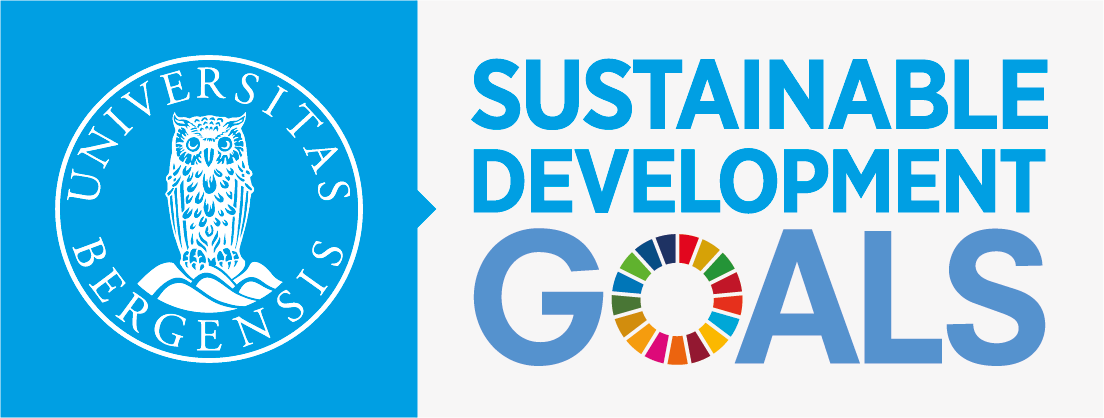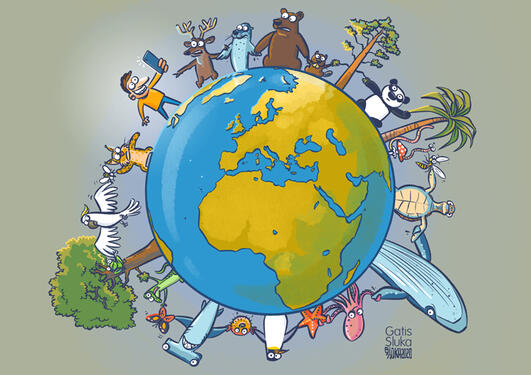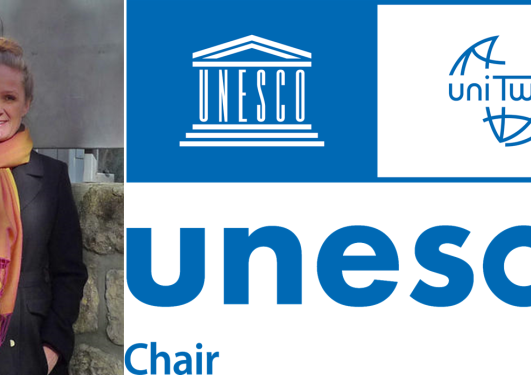UiB researcher becomes global biodiversity ambassador
UNESCO has announced Postdoctoral fellow Alicia May Donnellan Barraclough as one of five global Young Spokespeople for its Man and Biosphere programme.
UNESCO's Man and Biosphere programme celebrates 50 years
Main content
On 24 March 2021, Postdoctoral fellow Alicia May Donnellan Barraclough from the University of Bergen takes part in the UNESCO Biodiversity Forum to celebrate 50 years of Man and Biosphere (MAB), UNESCO's longest running programme. At the forum, she was announced as one of five global MAB Young Spokespeople selected by UNESCO.
Bringing science to global diplomacy
“I want to contribute bringing science to the forefront of global diplomacy. The role as a young spokesperson for MAB gives me increased opportunity to do so,” says Donnellan Barraclough, who has so far been a MAB Youth Focal Point.
“This was launched during the forum after Jane Goodall, who is the ambassador of MAB’s 50th anniversary, wanted to include young people as ambassadors for the programme because she believes in the importance of creating intergenerational engagement for biodiversity.”
Goodall is a British primatologist and anthropologist, who has founded the Jane Goodall Institute and the Roots & Shoots programme, working extensively on conservation and animal welfare issues.
Involving local communities
Donnellan Barraclough is already familiar with the workings of the UNESCO system, having been postdoctoral fellow for the University of Bergen’s UNESCO Chair Inger Elisabeth Måren for the past year and a half.
“I have studied nature’s contribution to people and have worked closely with the Nordhordland Biosphere Reserve, which in 2019 was declared the first Norwegian biosphere under the MAB programme” says the trained ecologist who is passionate about involving local communities in working towards a sustainable future.
“In its 50th year, the MAB programme is more relevant than ever to bring people back into the picture in nature conservation in the middle of an ecological crisis, which is nowhere near being solved,” says the young researcher, “even if it was founded 50 years ago, recent developments show how pioneering about sustainability the MAB programme was.”
United for Biodiversity towards COP15
The UNESCO announcement comes shortly after the University of Bergen joined the EU Commission’s United for Biodiversity alliance, which points towards the COP15 high-level meeting taking place in Kunming, China 11-24 October 2021.
“Being part of the first university in the world to join the United for Biodiversity coalition is great leading up to the upcoming COP15 meeting. This expands our platform for speaking more broadly and generally on biodiversity,” she says pointing to the leading role universities must take by presenting science and knowledge to secure biodiversity globally – and to engage in science diplomacy for biodiversity.
“Biodiversity has become young people’s concern. Increasingly young people participate in biodiversity and governance. I guess this is a bit of a new research frontier. This is quite key for all of the Sustainable Development Goals and sustainable transformations.”


